Professor Mahmudabad Gets Bail After Arrest Over Operation Sindoor Post
- bypari rathore
- 02 August, 2025
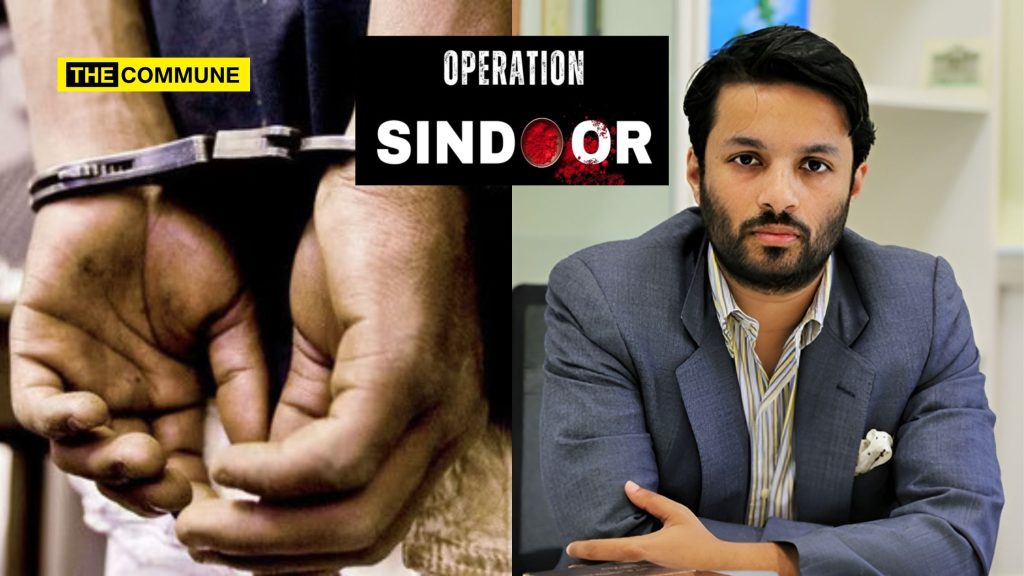
The arrest and subsequent bail of Professor Ali Khan Mahmudabad over a social media post concerning Operation Sindoor raise significant questions about the balance between free speech and national sentiment during times of crisis.
Here's a breakdown of the situation:
What Happened
Arrest: Professor Mahmudabad, a prominent political science academic at Ashoka University, was arrested under legal provisions related to promoting enmity and threatening national integrity.
Social Media Post: The content of the post isn't detailed in the available report, but it was deemed controversial or provocative enough during a sensitive national period — following Operation Sindoor, a military operation, presumably in response to a terror attack or armed conflict.
Charges: Sections applied likely include IPC 153A (promoting enmity between groups) and possibly 124A (sedition) or UAPA-related charges, which are often invoked in such contexts.
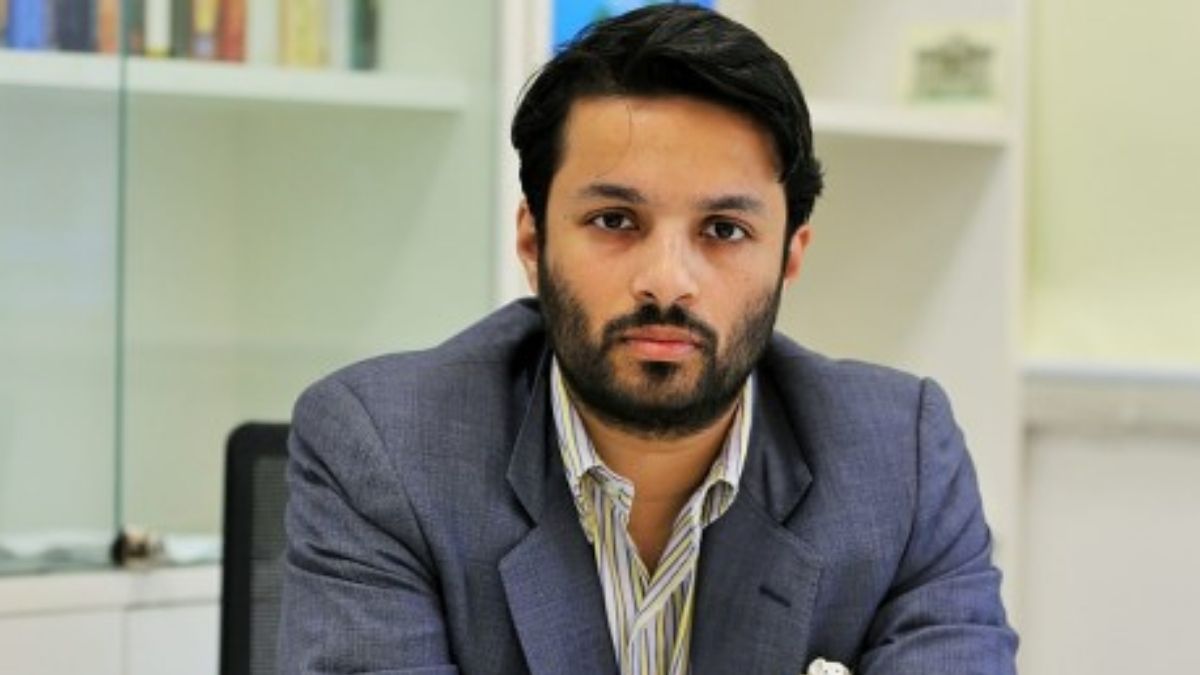
Supreme Court’s Stance
Bail Granted: The court allowed interim bail, suggesting that while the offense may be serious, the accused did not require continued custody.
Judicial Rebuke: Justice Surya Kant criticized the timing and tone of the professor’s comments, calling them potentially divisive and aimed at “cheap popularity.” The court emphasized national unity during times of conflict and questioned the necessity of such remarks during a sensitive period.
Broader Implications
Academic Freedom vs. National Security: The case reignites the debate on how much freedom scholars and public intellectuals have when discussing state actions — especially during military or security operations.
Free Speech Limitations: While the Constitution guarantees freedom of expression, that right is subject to "reasonable restrictions" in the interest of sovereignty, integrity, and public order.
Public Discourse and Responsibility: The court’s comments reflect a larger societal expectation that public figures should exercise restraint during national emergencies.
Note: Content and images are for informational use only. For any concerns, contact us at info@rajasthaninews.com.
जीणमाता मंदिर के पट...
Related Post
Hot Categories
Recent News
Daily Newsletter
Get all the top stories from Blogs to keep track.
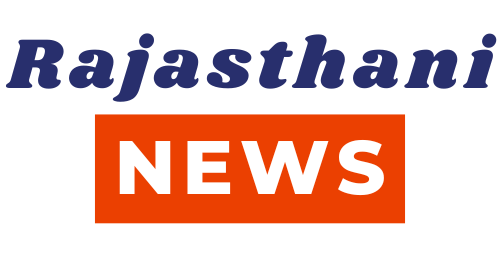

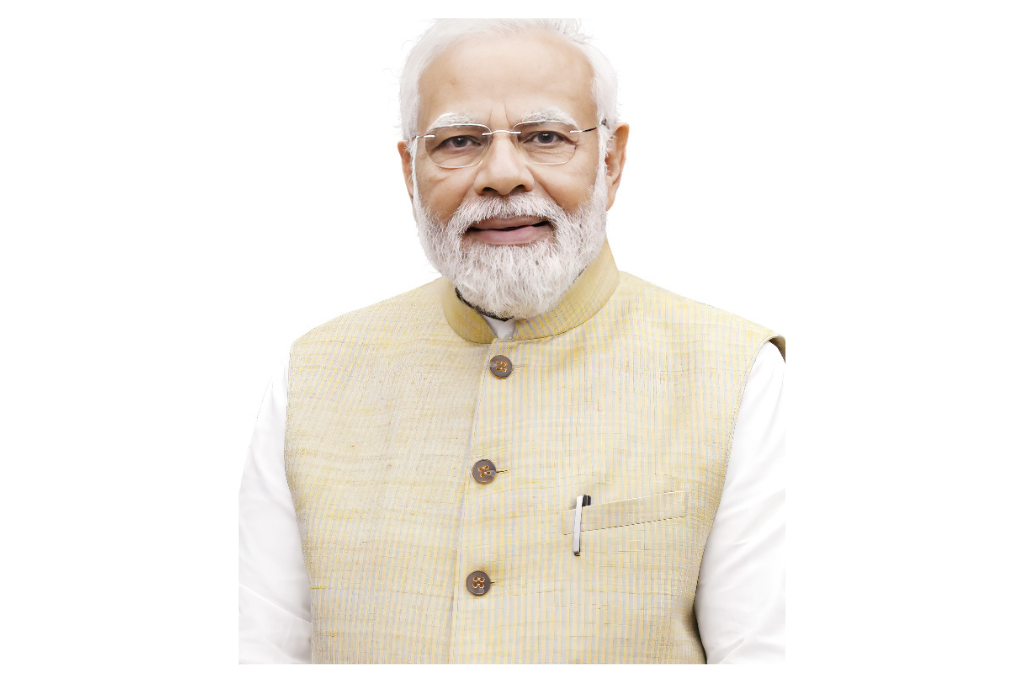

_1771995934.jpeg)
_1770994648.jpg)
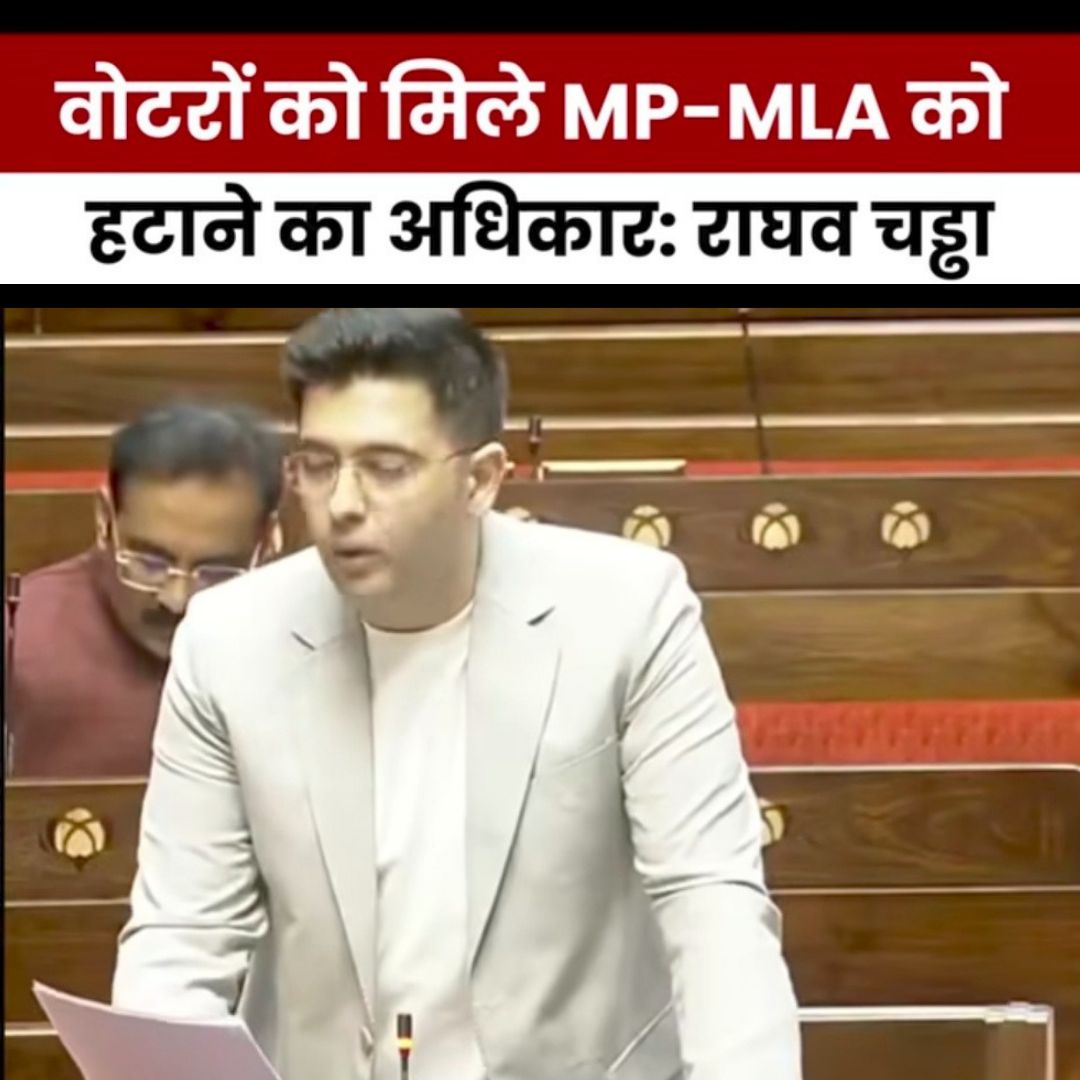
_1772465804.jpg)
_1772465408.jpg)
_1772464394.jpg)